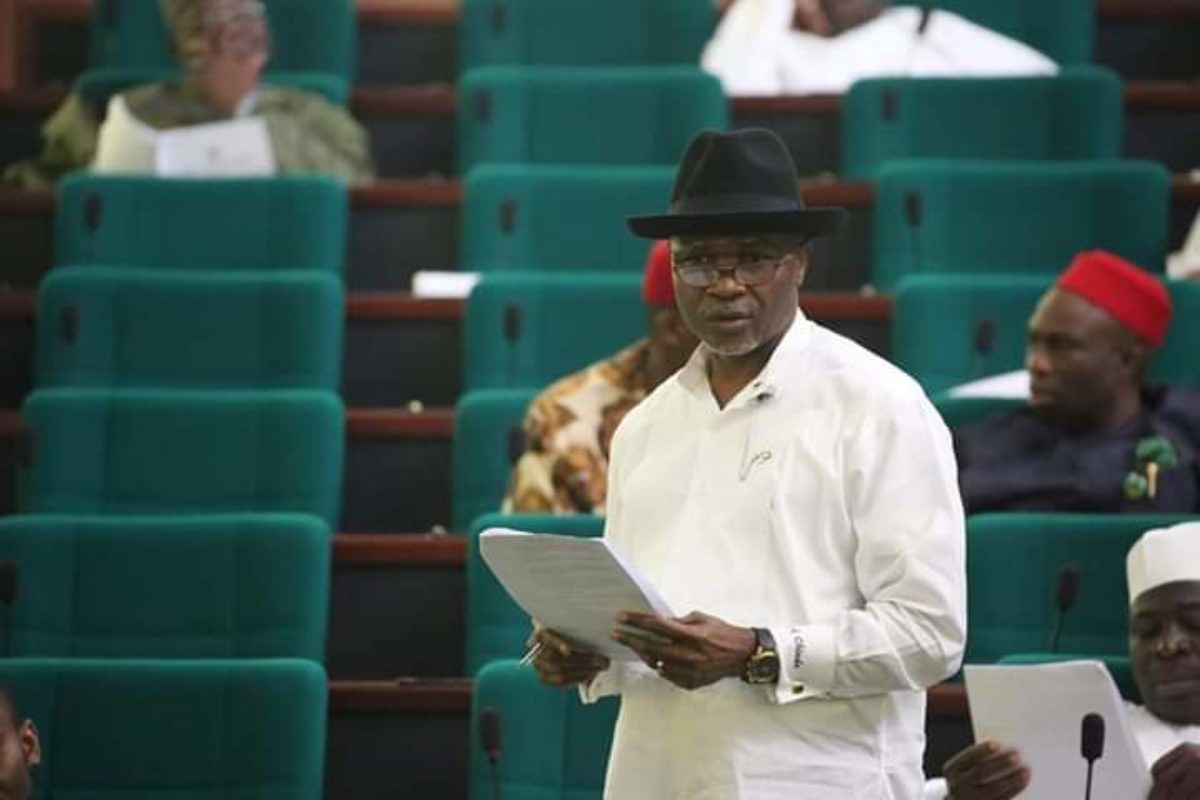One of the proponents pushing for a shift from the Presidential to a Parliamentary system of government in Nigeria, Representative Kingsley Chinda, has emphasised the proposal as an Indigenous solution tailored to benefit all strata of Nigerian society.
Speaking at an interactive session held in Abuja over the weekend, Chinda responded to criticisms, notably those voiced by Governor Fashola, by affirming the necessity for a homegrown governance model.
He underscored the importance of learning from historical failures, notably the shortcomings of the First Republic, attributing its collapse to factors such as a lack of understanding of the system, tribal and religious divisions, and power struggles between regions and the central government.
Chinda advocated for a more inclusive approach to governance, urging a departure from the current system’s reliance on imported models and a shift towards a system aligned with Nigeria’s cultural and societal realities.
He highlighted the bloated nature of the current governmental structure and its adverse impact on the nation’s development, citing excessive spending on multiple government offices as a hindrance to progress.
In proposing a phased transition to a parliamentary system starting from the local government level, he emphasized the potential for significant cost savings and increased accountability.
ALSO READ: Unilorin researchers get N1.7bn grant to develop antibiotic alternative
Responding to concerns about corruption, Chinda acknowledged that no system could eradicate it entirely but argued that a parliamentary system offered better mechanisms for oversight and accountability.
He dismissed fears of governmental instability, asserting that the system’s self-cleansing nature would ensure swift removal of corrupt officials.
Chinda also affirmed that proponents had thoroughly examined historical documents, including the laws of the First Republic, to inform their proposal, emphasizing the need for a nuanced approach to legislative amendments.
The discussion further touched on former President Obasanjo’s advocacy for an African-grown democratic system, with Chinda emphasizing the need for a Nigerian-centric approach.
He stressed the importance of starting the reform process at home before influencing broader African discourse.
In conclusion, Chinda reiterated the necessity of embracing a homegrown parliamentary system as a fundamental step towards addressing Nigeria’s governance challenges and fostering sustainable development.
WATCH TOP VIDEOS FROM NIGERIAN TRIBUNE TV
- Let’s Talk About SELF-AWARENESS
- Is Your Confidence Mistaken for Pride? Let’s talk about it
- Is Etiquette About Perfection…Or Just Not Being Rude?
- Top Psychologist Reveal 3 Signs You’re Struggling With Imposter Syndrome
- Do You Pick Up Work-Related Calls at Midnight or Never? Let’s Talk About Boundaries







